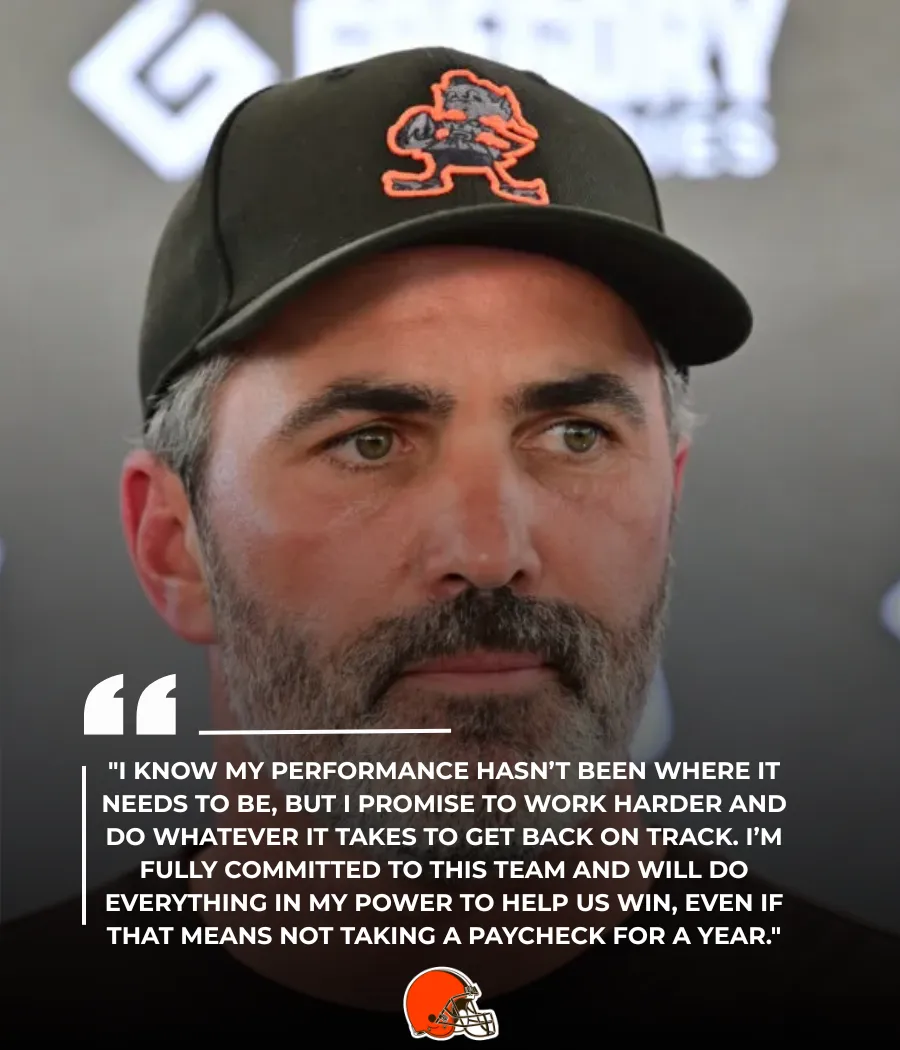MONTREAL — We didn’t expect Jeff Gorton’s media availability to be any more revealing than a séance with JoJo Savard, so we weren’t disappointed when it wasn’t.

A little over 24 hours from the first round of the 2025 NHL Draft kicking off isn’t the time to start spilling state secrets.
Still, Montreal Canadiens fans should feel reassured by one thing that came out of Thursday’s 12-minute session with Gorton: He confirmed his commitment to the long-term plan he and general manager Kent Hughes have to turn this team into a perennial contender in due time.
When the executive vice-president of hockey operations was asked about the pressure to immediately build on the team’s ahead-of-schedule arrival in the 2025 Stanley Cup Playoffs, he essentially said he wasn’t feeling it.
“We’re going to make decisions that fit into what we set out to do, which was to build a team that has the ability to compete every year for a long period of time,” Gorton said. “We’re not going to do anything to stunt that just to move it forward five per cent. We’ll stay with the plan. The hope is that we continue to grow and we’re better, but we’ll see what happens.
“This is a big weekend for us, and it’s a big summer for us, but we’re not going to do anything that's stupid.”
Gorton was one of several executives from around the league speaking on Thursday about how market dynamics — an exponentially rising salary cap, after years of stagnation, putting a cluster of teams in buy-mode and leaving very few sellers — are making it challenging to do anything at all.
Just a couple of hours before Gorton gave his tight-lipped briefing, Columbus Blue Jackets president of hockey operations and general manager Don Waddell said, “Right now, there seems to be a shortage of players because everybody wants players for players … It's been a different year for, I gotta be honest with you, all my years that I've been doing it.”
Waddell’s first GM job in the NHL was with the Atlanta Thrashers. He was hired in June of 1998.
Parity was a fantasy back then. Not so much now, with much tighter gaps in the standings and teams emerging from rebuilds as the cap is rising from $88 million this past season to $95.5 million this summer, on its way to reaching $113.5 million by the summer of 2027.
It’s changed the business considerably.
“You generally see teams that are trying to move money and do certain things,” said Gorton. “You’re not seeing as much of that as we usually see.”
You’re still seeing some of it, but it’s taking on a different form.


-1754445603-q80.webp)
-1751127684-q80.webp)